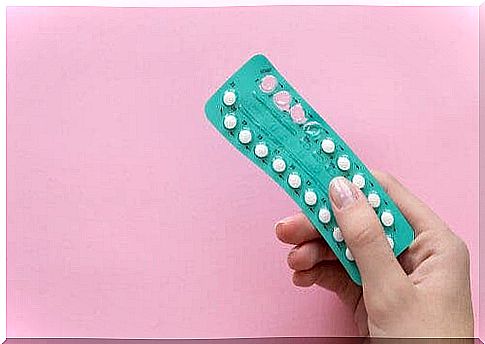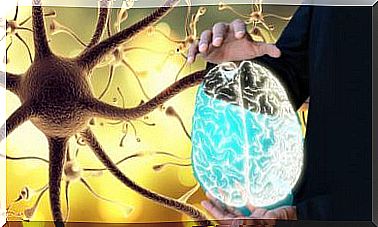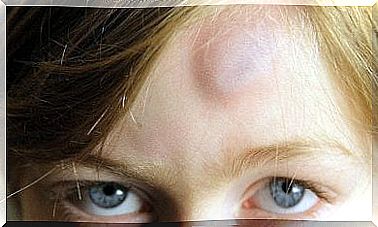Indications And Side Effects Of Desogestrel

Desogestrel is progesterone used as contraception. Progesterone is the natural hormone that is typically secreted by the corpus luteum in the second phase of the menstrual cycle and by the placenta during pregnancy.
In addition, the testes and adrenal glands secrete small amounts of progesterone. But what are the indications and side effects of desogestrel? Read on, because we will tell you all about it in this article.
Indications for desogestrel
Desogestrel is the therapeutic form of contraception. There are two primary types of oral contraceptives:
- Combinations of estrogen with progesterone: The combined pill.
- Hormonal contraception with progesterone only: A pill with progesterone.
At present, most forms of oral contraceptives use the isolated progesterone or desogestrel at a dose of 75 micrograms.
A woman taking desogestrel should do so daily and without interruption. She should take the pills every day at about the same time so that the interval between the two pills is always 24 hours.
Likewise, she should take the first pill on the first day of her period. She should then take a pill every day, regardless of whether she is bleeding. She will have to start on a new package the day after she completes the previous one.

That is how it works
This drug acts primarily on the lining of the uterus, which then becomes inhospitable to semen. However, it does not always prevent an egg from maturing, which is the primary action for combined pills.
Women who do not tolerate estrogen and women who breastfeed can also use desogestrel, which is not the case with combined pills.
Possible side effects of desogestrel
Like all medicines, desogestrel has some side effects:
- First, irregular vaginal bleeding is one of the most common side effects that can occur. It may be a little spotting that does not require the use of menstrual pads. However, the bleeding can also be intense and similar to menstruation and require the use of bandages.
- In many cases, one never bleeds. However, irregular bleeding is not a sign that the protective effect of desogestrel is diminishing. Talk to your doctor if the bleeding is heavy or prolonged.
In addition, frequent side effects of desogestrel (it affects 1 in 10 women) are as follows:
- Mood swings or depression
- Decreased libido
- Headache
- Disease
- Acne
- Pain in the breasts
- Irregular or absent menstruation
- Weight gain

The rare side effects are those that affect less than 1 in 100 women:
- Vaginal infections
- Discomfort when wearing contact lenses
- Vomiting
- Hair loss
- Menstrual cramps
- Cysts in the ovaries
- Exhaustion
Some women report rare cases of skin problems and these affect less than 1 in 100 women:
- Sores on the skin
- Hives
- Erythema of the skin
In addition to these side effects, there may be secretions from the breasts and women have also described some cases of ectopic pregnancy – that is, when the egg gets stuck outside the womb.
Contraindications to desogestrel
There are some contraindications to desogestrel and you should always follow your gynecologist’s instructions and keep in mind that you should not take desogestrel if:
- You have or have had an active venous thromboembolic disease.
- There is a history of serious liver disease.
- There is undiagnosed vaginal bleeding.
- Lastly, if you are hypersensitive to the active substances in desogestrel or any of its excipients.









